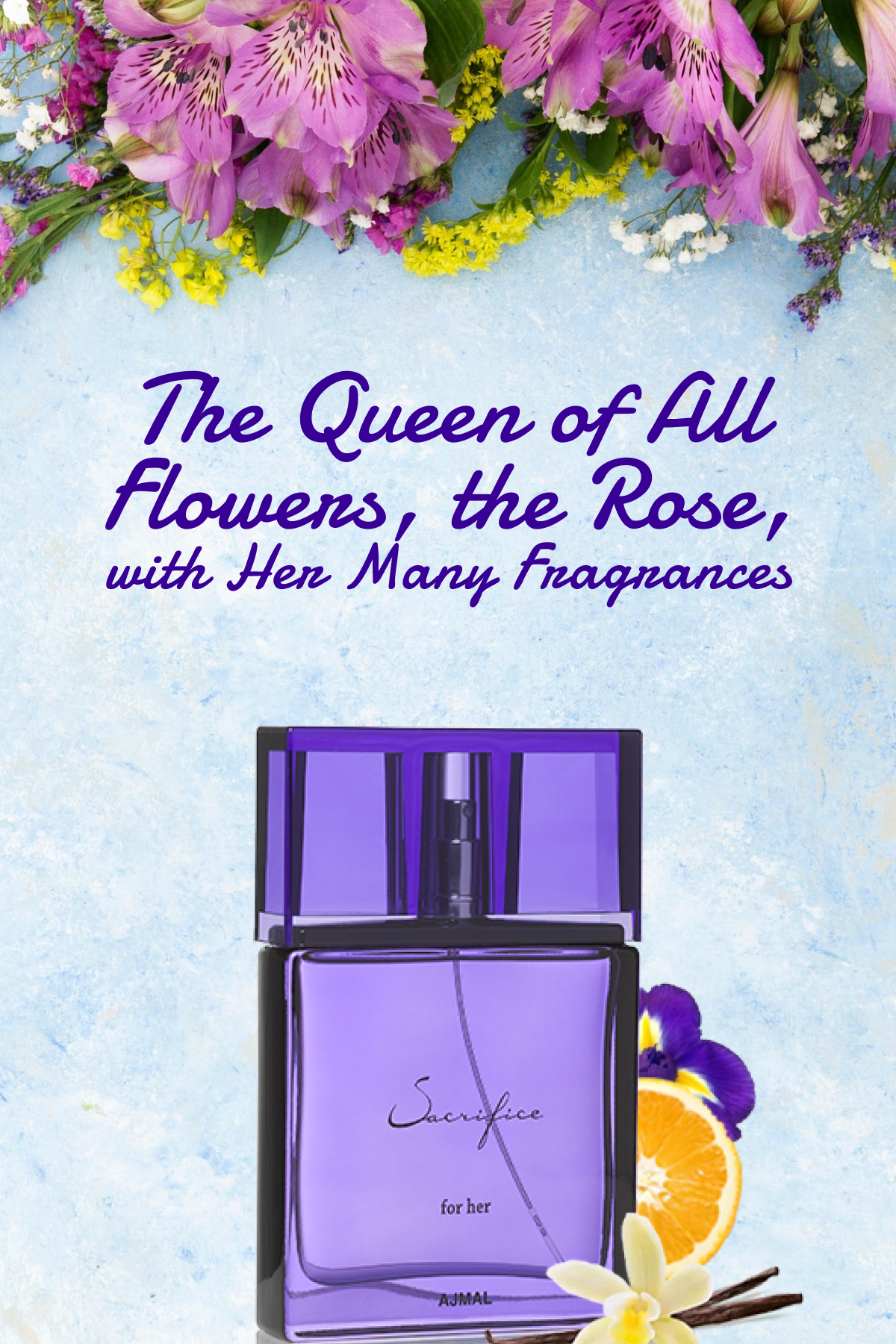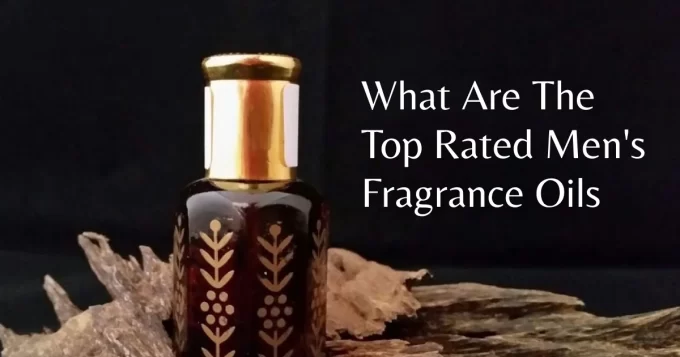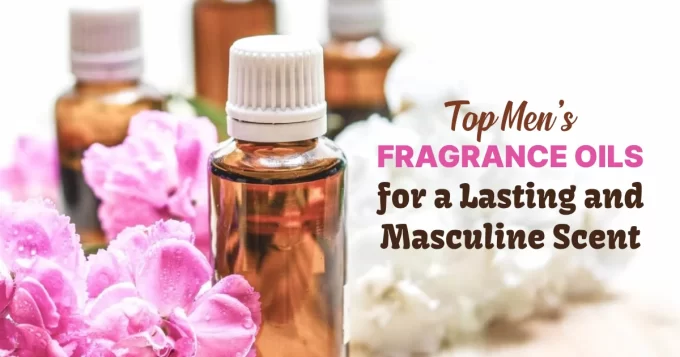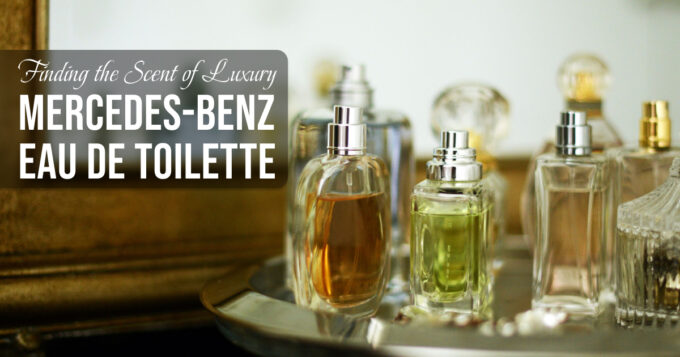The Queen of All Flowers, the Rose, with Her Many Fragrances
For millennia, the rose has captivated human senses and emotions, earning it the title “queen of all flowers.” It has become a symbol of love, beauty, and passion because of its delicate petals, wide range of hues, and most importantly, entrancing scent.
However, did you know that roses have a diverse range of scents? A rose’s fragrance can range from the traditional sweet and flowery notes to surprising overtones of fruits, spices, and even myrrh. Its aroma is lovely and varied.
Roses: Their Symbolism and History
Understanding the rich history and symbolic meaning of roses is crucial before exploring their fragrant diversity. The history of rose cultivation dates back more than 5,000 years, to the eras of ancient Egypt, Persia, and China.
Roses were connected to the goddess Aphrodite in Greek mythology, and they stood for beauty and love. Romans also had a great esteem for roses; they used the petals in their baths and at feasts, and they even made the earliest known rose-flavored perfumes.
Roses were associated with religious and cultural symbolism during the Middle Ages; in Christian iconography, they were frequently considered as a portrayal of the Virgin Mary. The language of flowers, or floriography, had gained tremendous popularity by the Victorian era, when various rose varieties and colors were associated with certain feelings and messages.
The Science of Fragrances
A complex interaction of several volatile organic compounds (VOCs) gives a rose its perfume. The scent we detect is made up of these substances, which are generated in the petals and dispersed into the atmosphere. The following VOCs are primarily to blame for the traditional rose scent:
- Geraniol: Provides a fruity, floral, and sweet scent.
- Nerol: Offers a floral, lemony, and fresh aroma.
- Citronellol: Contributes a scent that is sweet, rosy, and faintly woodsy.
- Phenethyl alcohol : Provides a gentle, flowery, rose-like scent with a touch of honey.
It’s interesting to note that different rose species and even individual blooms can have dramatically varying concentrations and combinations of these chemicals, resulting in a wide range of fragrances.
The Varying Fragrant Characteristics of Roses
Traditional and Classic Aromas
Most people associate rose scent with the classic, sweet, and floral scent that has served as the inspiration for innumerable fragrances and cosmetics. Many rose varieties, such as the Damask rose (*Rosa damascena*) and the Centifolia rose (*Rosa centifolia*), have this timeless fragrance. The perfume industry makes extensive use of these roses, especially in areas like Grasse, France, which is regarded as the world’s perfume capital.
Fruity Hints
Certain roses astonish with their fruity overtones, bringing to mind the flavors of pears, apples, or even tropical fruits like pineapple and mango. Due to their delicious fruity smells, the Bourbon rose (*Rosa ‘Bourbon’*) and the Hybrid Musk rose are distinctive additions to gardens and bouquets.
Citrus Suggestions
There are some roses that smell quite fresh and zesty, like lemons, oranges, or bergamot. These zesty notes are frequently present in the China rose (*Rosa chinensis*), offering a welcome change of pace from the more conventional rose smells. Warm climates are especially popular for citrus-scented roses because they allow their energizing perfume to be completely experienced.
Hot and Foreign
Some roses have undertones of clove, cinnamon, and even anise, for people who prefer more exotic and spicy scents. The Apothecary’s rose, or Gallica rose (*Rosa gallica*), is widely recognized for its potent aroma, which has been used for generations in perfumery and traditional medicine.
Anise and Myrrh
Unexpectedly, some roses can release aromas similar to those of anise or myrrh. This interesting aroma profile is frequently seen in English roses, especially those cultivated by well-known botanist David Austin. Some roses that have a noticeable myrrh aroma are ‘Scepter’d Isle’ and ‘Constance Spry’.
Herbal and Green
Certain roses have a green, herbal perfume that is similar to that of recently cut grass or strong herbs like thyme and rosemary. The delicate green aroma of the Alba rose (*Rosa alba*) is well-known for providing a revitalizing and organic element to floral arrangements.
Elements Affecting Rose Fragrances
Every rose bloom is different due to a number of factors that can affect its scent:
- Genetics: A rose’s possible fragrance character is determined by its genetic composition. Roses with improved or distinctive smells have been created through hybridization and selective breeding.
- Environment: A rose’s smell strength and character can be greatly influenced by its growing conditions, soil type, and climate. When grown under ideal conditions, roses usually yield more powerful smells.
- Age of the Bloom: A flower’s aroma might vary depending on its developmental stage. Buds may smell more subtly than fully opened blooms, which usually have the most fragrance.
- Time of Day: A rose’s scent can intensify at different times of the day, but it usually peaks in the morning and evening when it’s colder outside and the humidity is higher.
Roses: Growing Them for Their Aroma
Selecting the appropriate types and offering ideal growing conditions are essential for anyone interested in growing roses with particular scents. Here are some pointers:
- Select Fragrant Varieties: Do your homework and select rose cultivars that are well-known for their potent and alluring fragrances. For suggestions tailored to your climate, check with nearby nurseries or rose clubs.
- Give Proper Care: Make sure your roses get enough sunlight, moisture, and fertilizer. Healthy, fragrant flowers are more likely to be produced by well-maintained plants.
- Regular Pruning: Frequent trimming can improve the production of fragrant flowers and stimulate new growth.
- Harvest at the Right Time: Roses are most fragrant in the morning, so pick them then for the strongest aroma.
The Eternal Charm of Fragrance
A rose’s aroma generates feelings, memories, and a sense of belonging to the natural world and the past in addition to being a delightful smell. Roses’ varied and alluring scents have captivated people since ancient times, from the gardens of Persia to the perfume labs of today.
There is a rose perfume to please everyone, whether you like the traditional sweet flower notes, the energizing citrus overtones, or the exotic spice undertones.
Pause to inhale the rich and different scents of roses as you explore their world. Through its fragrance, each blossom invites you to discover the enduring charm of the queen of all flowers.













